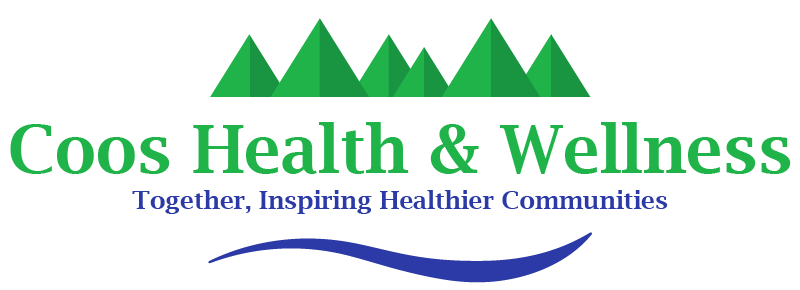Mission
In the aftermath of the September 11th attacks thousands of volunteers came to assist in the response efforts. Unfortunately, this event demonstrated the inability to effectively utilize those volunteers and their much needed skills. Without a system in place, there was no way to identify unaffiliated volunteers, verify their credentials, or offer liability coverage.
In response to this, the Office of Surgeon General announced the formation of the Medical Reserve Corps (MRC). The MRC is a national network of local groups of volunteers that are willing to provide their skills during an emergency. MRC volunteers include health and medical professionals, as well as others interested in improving the public health and response capabilities of the their local jurisdiction. MRC units identify, credential, and train volunteers that can support emergency preparedness and response efforts.
To learn more about the Medical Reserve Corps on the National level, visit: https://mrc.hhs.gov/HomePage.
In January of 2011, the Coos County Medical Reserve Corps (CC MRC) became a nationally recognized unit.
The Mission of the CC MRC is to protect the health and safety of our communities by maintaining a pool of healthcare professionals and support staff that are trained and ready to respond during an emergency where local capabilities are not sufficient, as well as support public health initiatives throughout Coos County.
Volunteer Functions
MRC volunteers can fulfill roles during the following situations:
1. Public Health Emergencies: Events that threaten public health, such as a disease out breaks or toxic chemical releases.
2. Mass Casualty Incidents: Disasters that causes in jury to a large number of people.
3. Natural Disasters: Events such as earthquakes, tsunamis, floods, fires, or storms that can displace a large number of people who may be seeking shelter, food, water, and medical card.
4. Community Service Activities: Opportunities to foster the well-being of local residents such as health fairs and blood pressure clinics.
Volunteers could provide support to any of the following activities if needed during an emergency:
|
|
Goals
1. Recruit, train, and credential a corps of medical and support staff volunteers that are ready to respond during an emergency.
2. Provide training opportunities for volunteers to develop and/or maintain their skills, as well as opportunities to participate in vaccination clinics and public health education campaigns.
3. Continue to promote and develop collaboration between the MRC and other response partners.
Registering to Become a Volunteer
Would you like to join? Please register at https://www.serv-or.org/. It is important to register through SERV-OR and familiarize yourself with this tool as this is the primary means through which you will be contacted for the MRC.
Volunteers will have the opportunity not only to register for the local unit, but the State Managed Pool of Volunteers as well (SMPV), which responds to emergencies statewide.
Registering does NOT obligate you to respond during any given emergency.
Training Requirements and Opportunities
All volunteers must complete the following trainings within their first year of volunteering:
- IS-100.B: Introduction to Incident Command System, ICS-100
https://training.fema.gov/is/courseoverview.aspx?code=IS-100.b - IS-700.A: National Incident Management System (NIMS) An Introduction
https://training.fema.gov/is/courseoverview.aspx?code=IS-700.a - IS-909: Community Preparedness: Implementing Simple Activities for Everyone
https://training.fema.gov/is/courseoverview.aspx?code=IS-909 - Volunteer Orientation
Other training opportunities could include:
Online
- Basic Disaster Life Support –
http://www.ndlsf.org/common/content.asp?PAGE=352 - Core Disaster Life Support –
http://www.ndlsf.org/common/content.asp?PAGE=353 - The Off-Site Care Facility – An Alternate Care Site: A Primer for Volunteers
http://sph.umn.edu/ce/trainings/coursepage.asp?activityId=7373 - Special Medical Needs Shelters
http://www.ualbanycphp.org/learning/default.cfm - Mass Dispensing Sites – A Primer for Volunteers
http://cheo1sph.umn.edu/massdisp/
In Person
- Advance Disaster Life Support
- START Triage
- Sheltering Operations
The Unit Coordinator will announce training opportunities as they become available.
Unit Coordinator Contact Information
Cynthia Rodriguez
cynthia.rodriguez@chw.coos.or.us
541-266-6809
